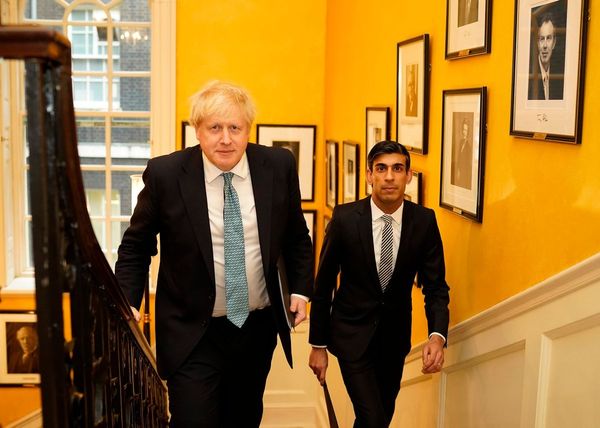
A Texas father’s decision to charge his 6-year-old daughter monthly “rent” has sparked a viral debate about whether early financial education crosses into being too strict.
Michael Madden collects $3 for rent and $1 for utilities from his daughter Rose each month, money she earns through a chore-based allowance system. Every penny goes into savings for her future.
While critics argue children should be free from adult financial responsibilities, supporters praise the approach as innovative financial literacy education. The debate highlights broader questions about how and when parents should introduce money management concepts to prepare children for economic realities.
Don't Miss:
- Kevin O'Leary Loves ‘Wonderful Recurring Cash Flows' — These Small Industrial Assets Deliver Just That
- This Jeff Bezos-backed startup will allow you to become a landlord in just 10 minutes, with minimum investments as low as $100.
In a viral TikTok video that’s garnered nearly 9 million views, Madden demonstrates his family’s monthly ritual by knocking on Rose’s bedroom door to collect her housing expenses. Rose earns her money through a points-based chore system where completing tasks nets her a weekly $5 allowance.
“It’s not just about paying rent,” Madden tells People. “It’s about earning and learning.” His family uses a “budget binder” with separate envelopes for rent, utilities, and allowance to help Rose visualize money management.
Reactions on TikTok to Madden’s system reveal sharp divisions. Supporters argue that early financial education prevents future money struggles. “As a financial counsellor that deals with young people who are drowning in debt this is absolutely brilliant!,” a TikTok User named leandra wrote.
Another user named Deweywilkerson1999 said, "Wait I wish my parents did something like this. Financial literacy and comprehension is so important."
Trending: An EA Co-Founder Shapes This VC Backed Marketplace—Now You Can Invest in Gaming's Next Big Platform
Critics, however, worry about imposing adult responsibilities on children too early. A TikTok User named Teara responded by saying, "She's a child…let her be a child. She has her whole life to learn these things."
“Taking the childhood outta life,” quipped another user named brandoncenter.
Madden, who works as a territory manager, says he developed the system after observing adults struggle with basic financial skills. “We want her to learn about delayed gratification, responsibility, consistency and how to manage money while she’s young enough for it to stick,” he tells People.
Research supports starting financial education early. Children begin forming money attitudes by age 5, developing distinct spending and saving behaviors independently of parental modeling, according to a University of Michigan study. Financial literacy programs for young children can enhance economic understanding and promote healthier financial behaviors later in life.
The study says that 5 year olds can already exhibit “spendthrift” or “tightwad” tendencies that translate into actual spending behaviors. This suggests natural financial personality traits emerge early, making guided learning potentially valuable.
See Also: Backed by $300M+ in Assets and Microsoft's Climate Fund, Farmland LP Opens Vital Farmland III to Accredited Investors
Dr. Scott Rick, who co-authored the University of Michigan study, notes that understanding these early emotional reactions to money can help parents tailor financial education to their child’s natural tendencies.
Madden’s approach reflects generational shifts in parenting philosophy. Unlike previous generations that often avoided money discussions with their kids, millennial parents increasingly embrace hands-on financial education.
Financial therapist Michele Paiva acknowledges to Marketwatch that while “envelope budgeting” systems like Madden’s can be anxiety-inducing, they also teach valuable math and conversational skills while demonstrating that “sometimes in life, you have to help others pay bills.”
Financial planners generally support structured approaches to children’s money education, though they emphasize the importance of keeping it fun. Kate Yoho, a financial adviser, tells Marketwatch that starting financial education at Rose’s age is “great,” noting that “kids get excited about stuff when they’re little”.
Read Next: Have $100k+ to invest? Charlie Munger says that's the toughest milestone — don't stall now. Get matched with a fiduciary advisor and keep building
Image: Shutterstock







